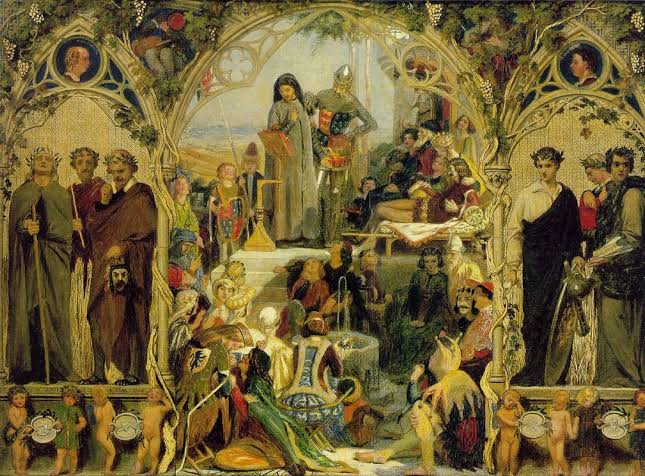This course covers basic concept of differentiation & integration of functions. It talks about how to solve the differential equations and the application of differential equations in the engineering sides. Moreover, this course covers the basic concept of mathematics in departmental orientation.
Objectives:By the end of this course, students will be able to:
Understand the core concepts of functions and their practical applications.
Perform various operations on functions confidently.
Differentiate and integrate functions using appropriate methods.
Interpret and sketch graphs of different types of functions.
Formulate, solve, and analyze differential equations derived from real-life scenarios relevant to food and nutrition engineering.
21 Lessons
Updated: Jul 2025

